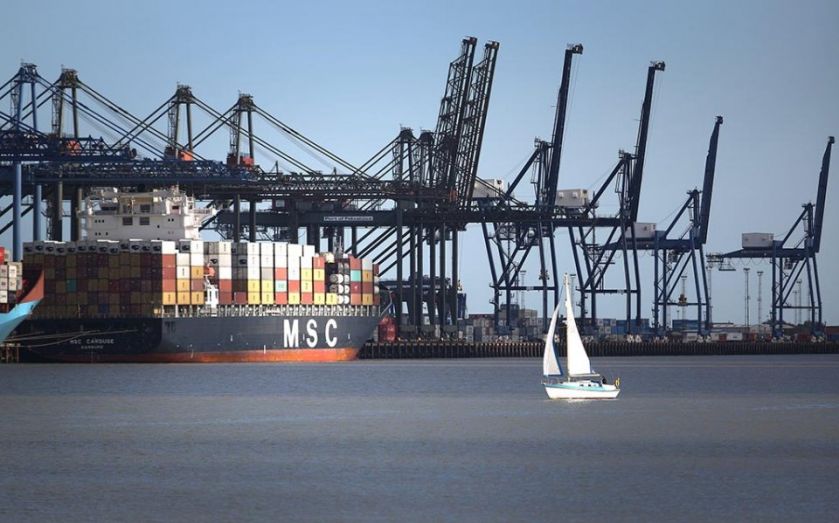| Updated:
What UK businesses need to know to overcome export hurdles

POLITICIANS’ reputations are made or broken on the back of self-imposed targets. Back in 2012, George Osborne called for a doubling of UK exports to £1 trillion by 2020. It was certainly a bold aim. But then I guess you don’t become the chancellor of the exchequer and the bookies’ favourite to be the next Prime Minister without ambition.
Osborne is right that the path to national prosperity is through trade, though it won’t suit every business owner to heed his call – at least not straightaway. For some, expanding in the UK may reap lower hanging and more immediately profitable fruit. And even for those looking overseas, the potential costs, benefits and risks need to be weighed up before setting sail.
Of course, a lot will depend on the nature of the business – a firm internationalising an app will face fewer hurdles than one exporting heavy-duty goods. But all business owners will face tax and regulatory burdens that differ depending on the export country.
Internationally ambitious entrepreneurs should first consider their trademark. A Community Trade Mark can protect your brand across Europe, and those already in force can be searched through the UK’s Intellectual Property Office and Europe’s Office for Harmonization in the Internal Market websites. If brand protection is vital and potentially contentious, set aside a budget to deal with possible problems. The legal costs of defending a trade mark infringement claim can run into tens of thousands of pounds, enough to put many startups out of business.
Good business advice isn’t always easy to find, particularly when starting out. A recent survey found that poor professional advice from third parties and consultants has resulted in one in six small firms losing money in the last year, at a total cost of £6.4bn. Contacting UK Trade and Investment is certainly useful for some entrepreneurs thinking about exporting.
Your lawyer’s and accountant’s associate offices can also be an invaluable resource. In addition, friendly entrepreneurs with export experience can offer priceless support. Despite the popular perception of entrepreneurs as “red in tooth and claw”, even competitors in the same industry are often happy to help each other out.
The type of local presence wanted will be a key decision. Whether or not an entrepreneur opts to go it alone by setting up a branch or local subsidiary, or by appointing agents, distributors or franchisees, will result in very different tax treatments and regulatory burdens, which will vary by country. Employment regulations are a particularly important part of this, not least the rules on whether you need to compensate agents or distributors if you fire them.
Watertight contracts matter too, but good international relationships are built on more than a piece of paper. It helps when entrepreneurs have met overseas agents and distributors, as this human dimension can help reinforce trust and navigate future disagreements. But entrepreneurs need to be shrewd and unafraid to end dealings with someone who isn’t delivering.
The potential rewards of exporting are obvious. We are home to just 1 per cent of the world’s population, and the number of potential consumers globally rises every day. The growing wealth of nations is a wave every business owner should want to ride. Though the need for a ship-shape exporting plan can’t be ignored, if history offers a guide to the future, we have the legacy of being a great trading nation to draw upon.
Adam Rose is a commercial partner at Mishcon de Reya.
